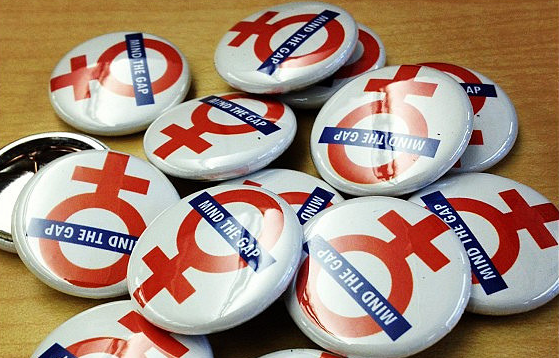
Traditionally, the realm of intelligence-gathering and espionage has been associated with men. Perhaps we can thank Ian Fleming’s characterisation of James Bond for that. However, the recently released review of administration and expenditure (2015–16) by the Parliamentary Joint Committee on Intelligence and Security (PJCIS) paints a different picture and gives an insight into an area that’s rarely discussed. In fact, women are being actively encouraged to join Australia’s intelligence community (AIC) and a range of initiatives are being introduced to address gender equality and diversity.
According to the PJCIS review, in June 2016, 59% of employees in the Australian public service (APS) were women. By comparison, the proportion of women to men in the AIC was significantly lower.
For example, approximately 45% of the Australian Security Intelligence Organisation’s (ASIO’s) workforce on 30 June 2016 were women, a slight increase from 44% the previous year. The gender gap continued to be most pronounced at senior levels, consistent with patterns in the broader APS. However, there were some signs of improvement in the statistics: 36% (19 of 53) of ASIO’s senior executives were women, up from 33% the previous year.
At the end of 2015–16, approximately 44% of the Australian Secret Intelligence Service’s (ASIS’s) staff were women, steady on the previous year’s figure. Around 39% of the Office of National Assessments’ (ONA’s) staff members were women—a slight decrease from the previous reporting period. Nevertheless, ONA reported that it had made ‘significant progress on gender and diversity initiatives’.
Disappointingly, the review revealed that, in comparison with the other members of the AIC, the defence intelligence agencies continued to have a low total proportion of female staff members. The Australian Signals Directorate reported that 33% of its staff members were women as at 30 June 2016, consistent with the previous year. At the Australian Geospatial-Intelligence Organisation (AGO), women accounted for only 29% of the overall workforce in 2015–16. However, encouragingly, the AGO reported that 73% of its new arrivals in 2015–16 were female. And, while women comprised 43% of the Defence Intelligence Organisation, they continued to be most underrepresented at senior levels.
The review also detailed a number of initiatives that the AIC has instituted to create a more gender-diverse workforce, including the AIC Gender Equity Steering Committee. ASIO launched a gender equity strategy in 2016 and established a gender equity reference group in 2015. In 2016, ASIS established a diversity committee. ONA released its diversity action plan for 2015–18 and appointed a dedicated diversity officer to drive and coordinate the plan’s implementation. However, the review did not outline specific initiatives undertaken by the defence intelligence agencies to increase gender diversity.
Our British counterparts have a somewhat similar state of affairs. In 2015, the Intelligence and Security Committee of Parliament, which oversees the intelligence and security agencies, published a report titled Women in the UK intelligence community. It found that 53% of civil service personnel were women and 37% of employees of intelligence agencies were women. The report concluded that the value of gender diversity:
holds even more true for the intelligence community, given the nature of their work. Logically, if all intelligence professionals are cut from the same cloth, then they are likely to share ‘unacknowledged biases’ that circumscribe both the definition of problems and the search for solutions. Diversity should therefore be pursued not just on legal or ethical grounds—which are important in themselves—but because it will result in a better response to the range of threats that we face to our national security.
Of course, the critical role of women in intelligence is nothing new. While the figures detailed in the PJCIS review are encouraging, more work clearly needs to be done to address the gender gap across the AIC, especially at the senior levels and in the defence agencies. Interestingly, the issue of gender diversity and equality was only very briefly mentioned in the recent 2017 Independent Intelligence Review. If the AIC wants to attract more women to a career in intelligence, it should examine its recruitment policies and practices and continue to collaborate on gender-related issues. Specifically, it needs to look at maternity-related issues, childcare and flexible working arrangements, and career advancement and promotion, as well as cultural and behavioural issues.
Arguably, intelligence agencies have a greater need for a diverse workforce than the rest of government, given the nature of their work. A professional, capable and gender-equitable and diverse AIC could play a vital role in securing Australia’s future in the decades ahead. Without recognising gender diversity and equality as an imperative, the agencies risk being left behind. Perhaps, in time, it might be the norm rather than the exception to see a woman play the role of M.